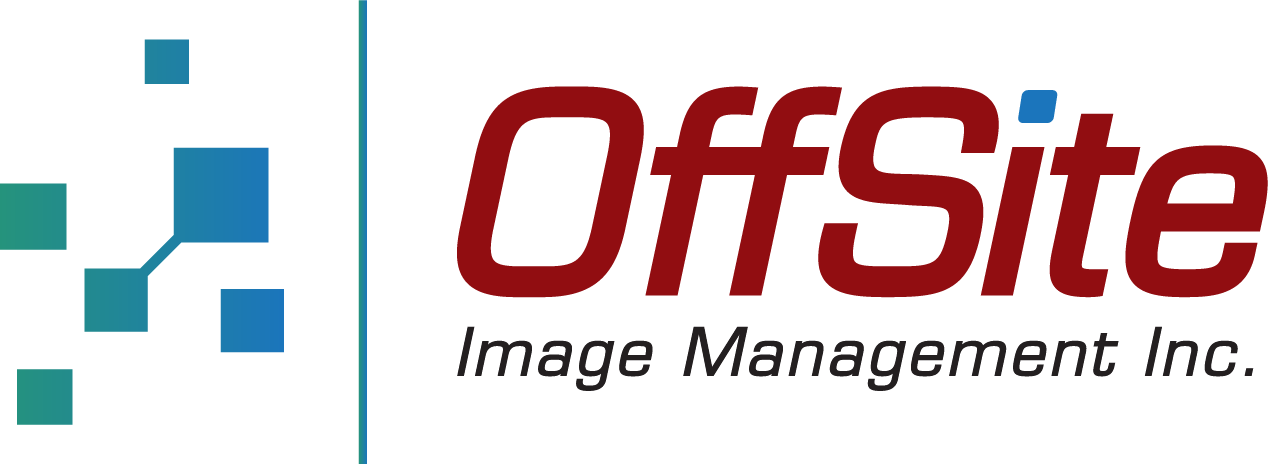Natural disasters, human error and cyber attacks can all affect the safety of your critical data. You need to have a disaster recovery plan in place before those events occur. For healthcare providers, this process requires advanced strategies.
Whether it’s because of a ransomware attack, power failure or anything that compromises the normal day-to-day workflow, the best disaster recovery plans put everything into the equation, so when the worst happens, you have a plan for gaining access to the data you need to provide quality care.
The Remote Option
Should your local servers fall victim, you need backups. Often, the best situation is where that information is stored in a disparate location – out of harms reach. Partnering with a cloud-based storage provider, you can have your data backed up in multiple datacenters, all located in different geographical locations. As a general rule, some of the top designers of disaster recovery strategies say that you should have a minimum of three copies of your data/images stored remotely.
Should a disaster occur in one area, data is going to be safely stored in another, and your plan should entail how you will gain easy access to it, regardless of what’s going on in your immediate vicinity.
Getting the Right Tools
As with anything you do, you have to ensure that you’re HIPAA compliant with your disaster recovery plan. This is only one reason you need to be extremely detailed in your recovery plan. Every plan will differ depending on the facility. The tools needed at one facility might differ from another. The common denominator is that all tools should fall within HIPAA compliance. Choosing a cloud-based vendor of radiology services with expertise in HIPAA guidelines, not to mention DICOM standards, is the only option.
At OffSite Image Management, one of our focuses is on providing critical access and rural hospitals with disaster recovery tools that help them recover critical operations to resume business. The tools we provide allow you to regain access to data, communications and workspace, as well as other business processes. We use redundant datacenters and compressed encryption to allow you minimum recovery time. Furthermore, we know all the ins and outs in regard to HIPAA, so our clients are always matched with services that will keep them in compliance. Contact us and let’s talk about your plan and how we can improve it.
